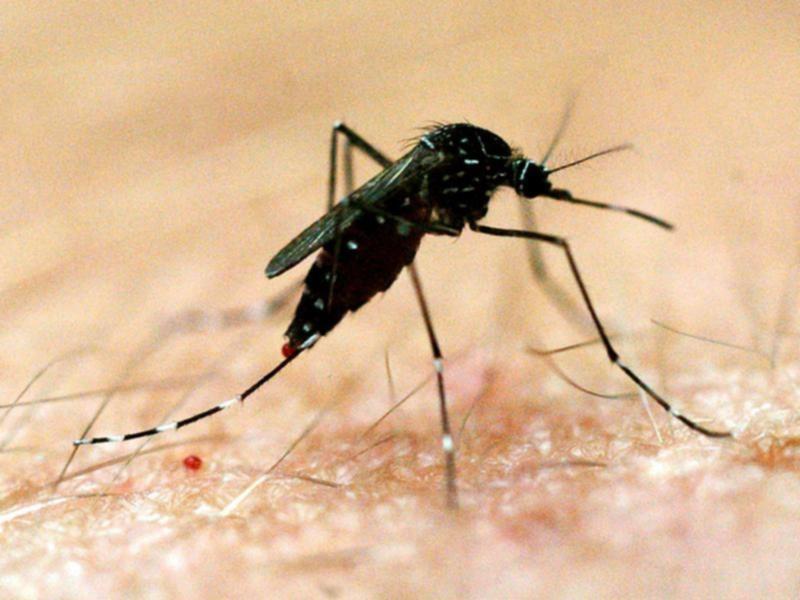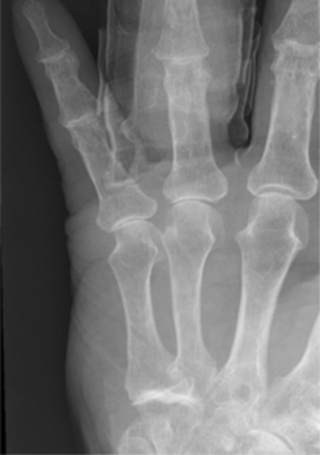Flesh-eating Buruli ulcer detected in Batemans Bay, raising fears of NSW spread
A flesh-eating bacterial infection is feared to have taken root at a popular NSW South Coast tourist town with fears it could spread to Sydney.
Two cases of the flesh-eating Buruli ulcer have been confirmed in Batemans Bay, with infectious diseases experts labelling the town a “new endemic focus of human Buruli ulcer transmission”, as the the cases were genetically linked to a previous infection in the town of Eden, 150km away.
“Genome sequencing of cases in this area has revealed a distinct M. ulcerans genotype, suggesting the pathogen is extant in NSW similar to the situation in Victoria,” the Victorian and NSW scientists wrote in PLOS Neglected Tropical Diseases on Tuesday.
Sign up to The Nightly's newsletters.
Get the first look at the digital newspaper, curated daily stories and breaking headlines delivered to your inbox.
By continuing you agree to our Terms and Privacy Policy.They said analysis of possum scat had confirmed the bacteria’s “establishment in a local wildlife reservoir in a new endemic region”.
The two human cases of the disease in Batemans Bay reported in the paper were a 94-year-old man who wounded his hand in a folding table in 2020, and a 71-year-old who was bitten by a mosquito as he sat in is lounge room in May 2023.
“The appearance ... underlines the propensity for M. ulcerans to become established in new geographically separate possum populations as has been well documented in Victoria, Australia.
“The risk for further spread along coastal NSW is significant,” the experts warned.
So far this year, Victoria has reported 347 confirmed cases, and there were outbreaks in Melbourne in 2021 too.
In 2018, Victoria recorded 340 cases, that’s after 277 in 2017 and 182 the year before.
The disease has been increasingly reported in urban areas of Victoria, after initially emerging in a small number of coastal areas.
What is Buruli ulcer
Buruli ulcer is caused by the bacterium Mycobacterium ulcerans, which releases a toxin that eats away at the skin and underlying soft tissue.
Researchers say it may take four to five months before people realise they are infected, as the average incubation period for the disease is five months.
The primary target for the flesh-eating bacteria is believed to be possums, but as a zoonotic disease, it can be transmitted to humans through mosquitoes, according to researchers in Melbourne.

What are the symptoms?
It begins with a non-healing sore, usually on the leg or arm, lasting for weeks.
Over time, the sore gradually enlarges, and once the wound breaks down, a large, open ulcer is left behind.
The infection is not very painful, as it interferes with pain signals and the immune system, making it difficult for the body to fight or detect it early.

What to do if I’m infected?
Simply see a GP, as Buruli ulcers can now be effectively treated with antibiotics and dressings.
How do I lower the risk?
According to Johnson, residents are advised to reduce the risk of mosquito bites by wearing shoes, long sleeves, and trousers, and applying repellent.
It is also important to wash and cover any wounds sustained while working, playing, or gardening outdoors.
Originally published on 7NEWS
